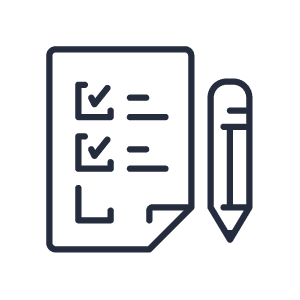Specific Learning Disabilities
What are Specific Learning Disabilities?
Specific Learning Disabilities (SLDs), commonly referred to as learning disabilities (LD), are brain-based disorders that affect an individual’s capacity to excel in specific academic areas. These disabilities manifest differently but primarily affect reading, writing, and mathematical skills. Here are some of the most common—but not all— LDs:
Dyslexia is a well-known learning disability that primarily impacts reading. People with dyslexia struggle to recognize and blend sounds in words, read fluently, and spell accurately. These difficulties persist despite having access to adequate instruction, making fluent reading a struggle.
Dysgraphia is a learning disability associated with writing. Individuals with dysgraphia may make grammar and spelling mistakes, produce writing that lacks structure and clarity, and find it challenging to form letters neatly. This condition can hinder effective communication through written expression.
Dyscalculia is a learning disability that affects an individual’s mathematical skills. It can hinder basic calculations and present challenges in solving complex math problems, such as word problems and multi-step mathematical tasks.



